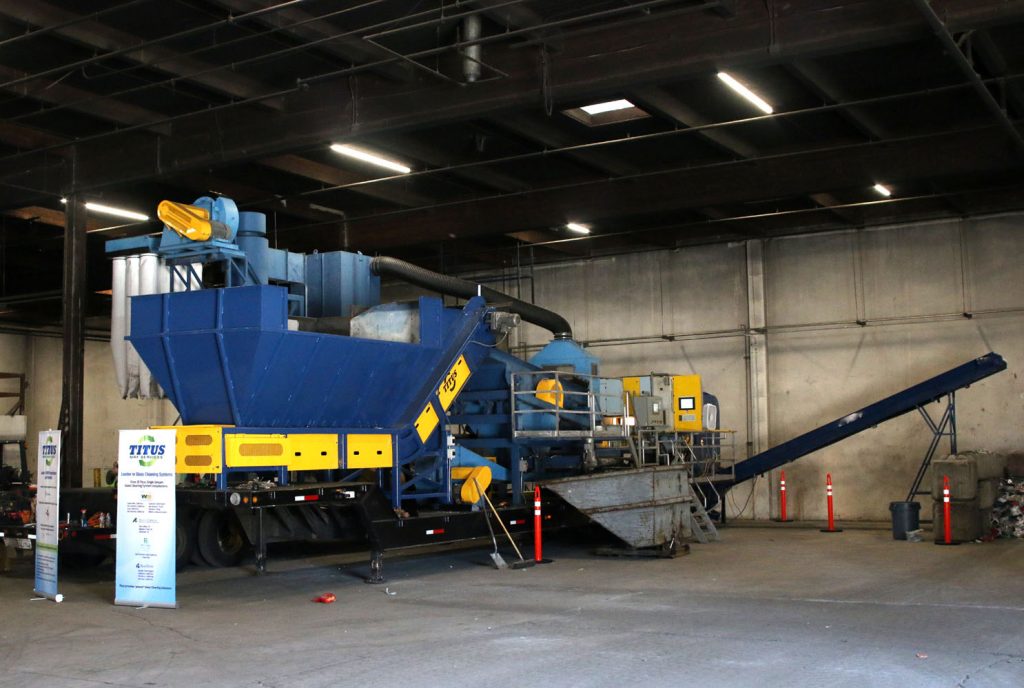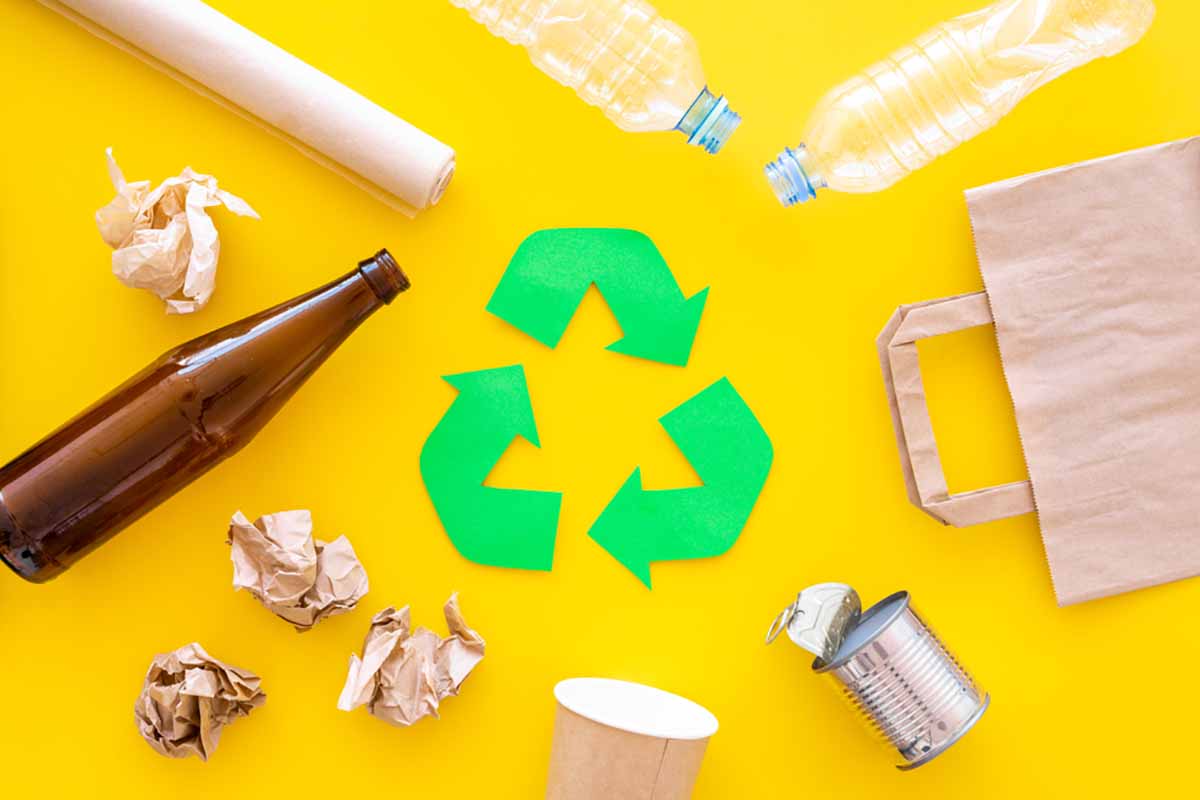
Opponents of the bill argue chemical recycling is a form of incineration; supporters say it will create jobs and help address plastic waste. | 9DreamStudio/Shutterstock
A bill extending a deadline for a potential chemical recycling pilot project in Illinois is reigniting debate over how to regulate chemical recycling.



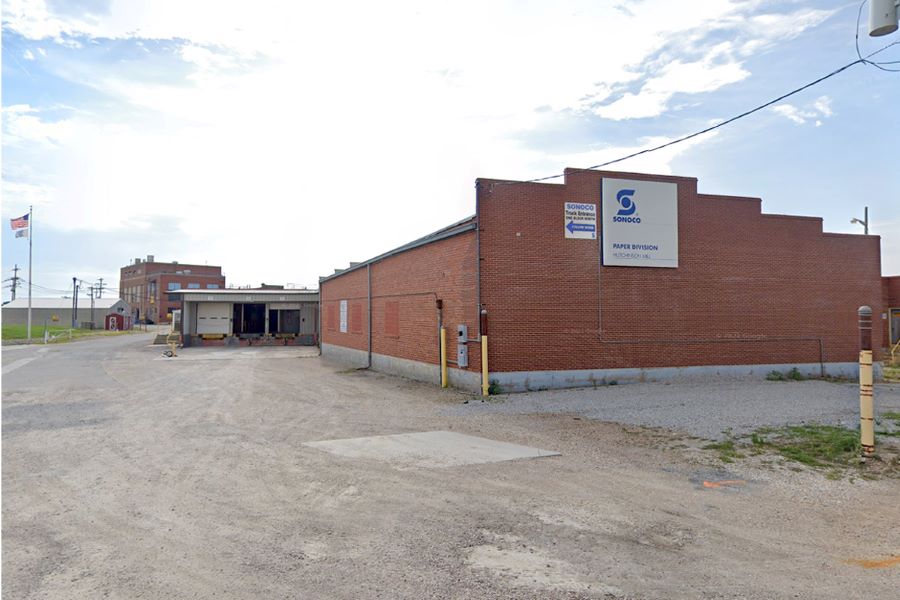
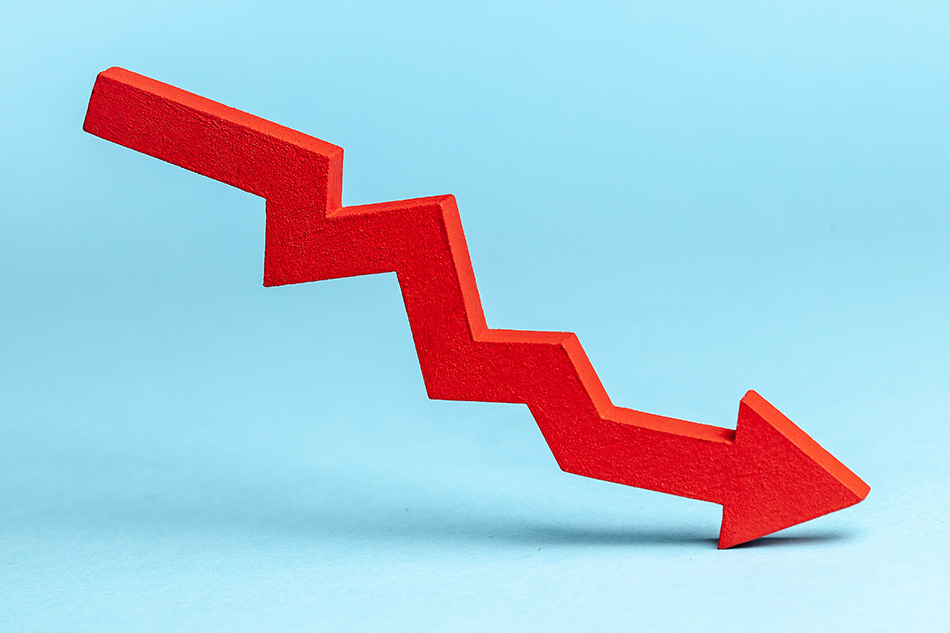
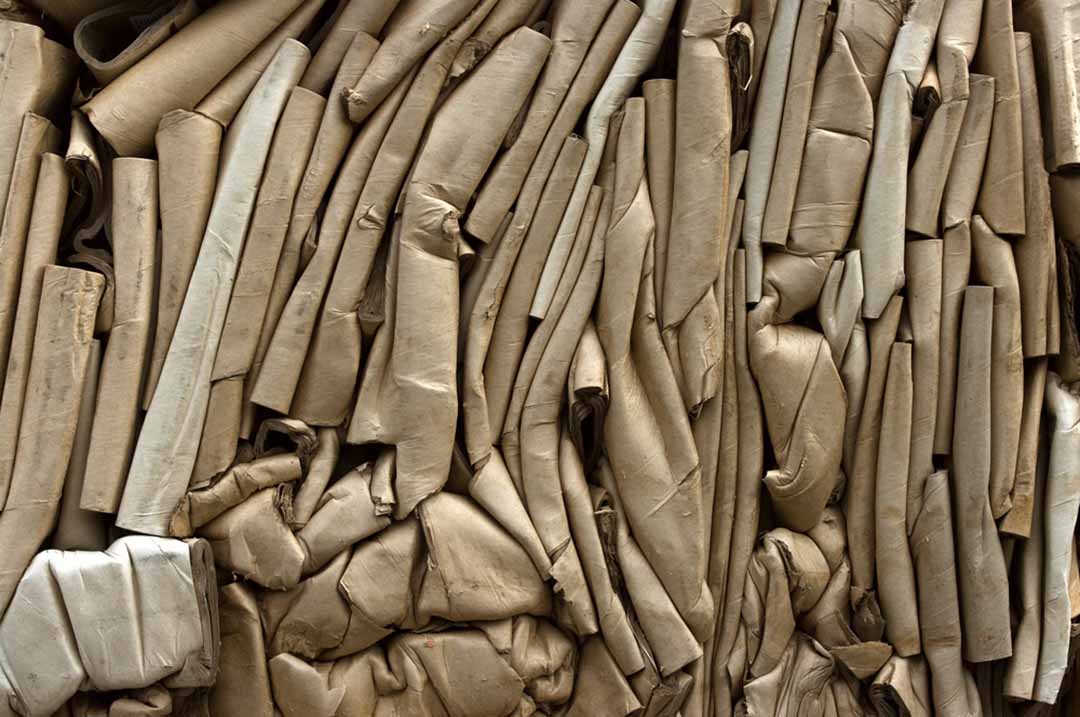
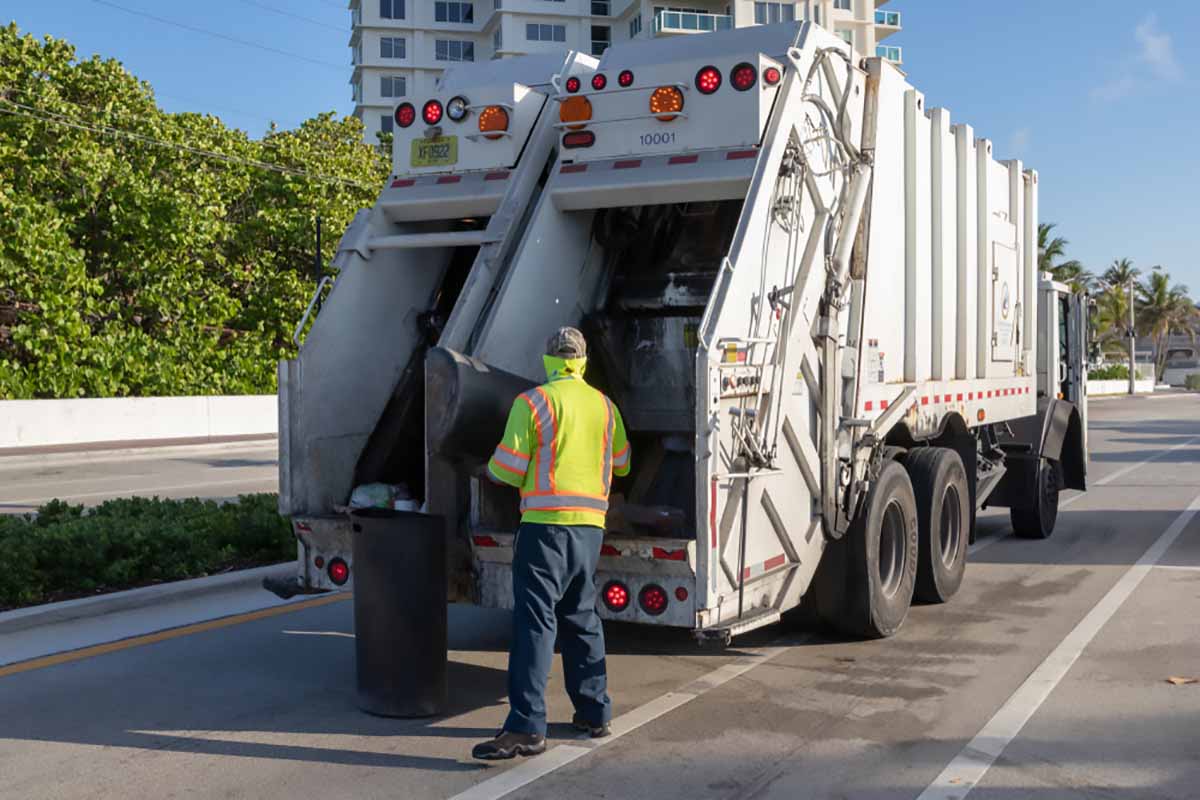
 Many recycling experts see China’s imports curtailment as an opportunity to rebuild domestic recycling infrastructure. A recent workshop in Portland, Ore. fostered conversations on how to begin doing that in the Pacific Northwest, a region that has long been fairly export dependant.
Many recycling experts see China’s imports curtailment as an opportunity to rebuild domestic recycling infrastructure. A recent workshop in Portland, Ore. fostered conversations on how to begin doing that in the Pacific Northwest, a region that has long been fairly export dependant.